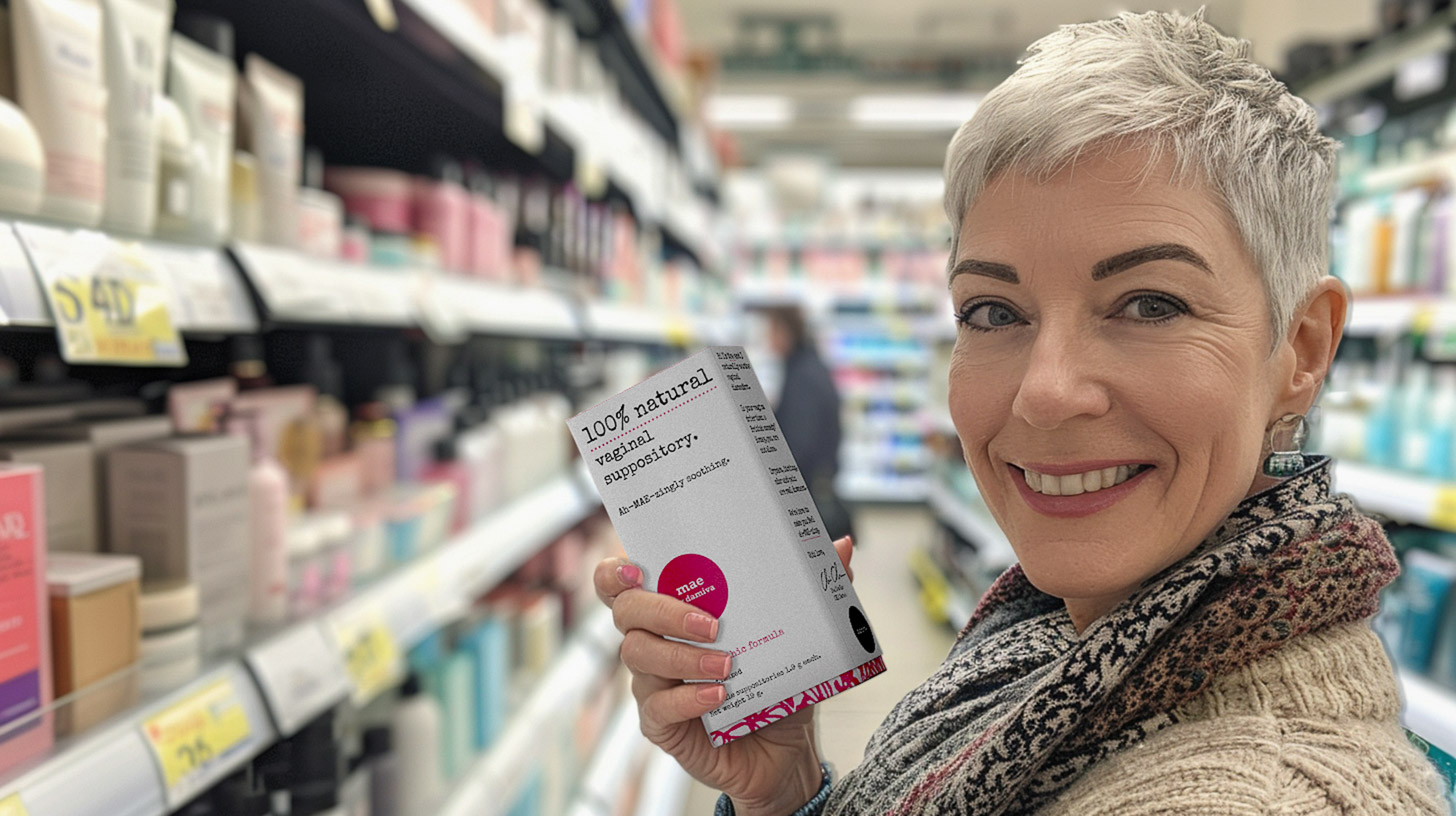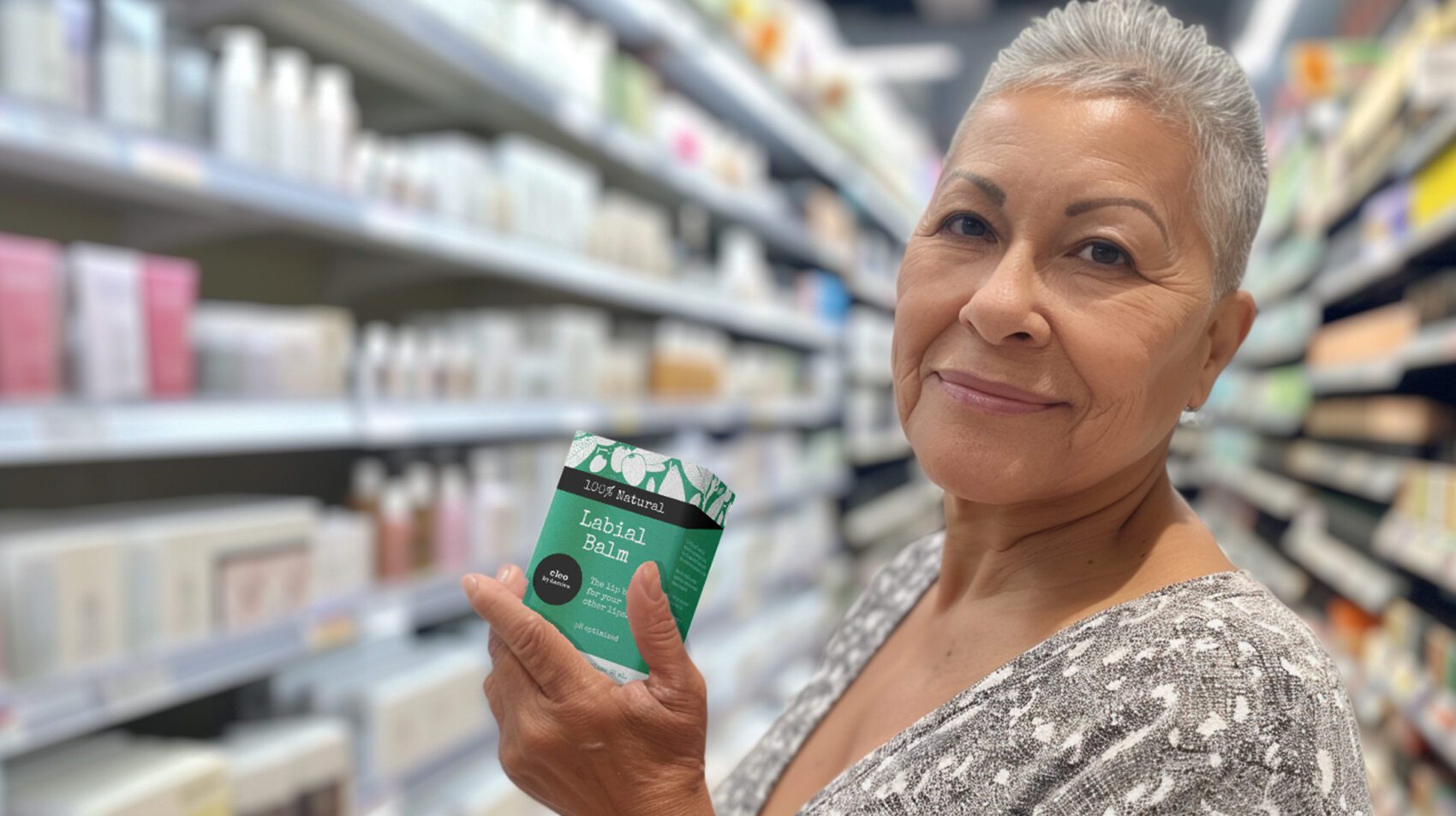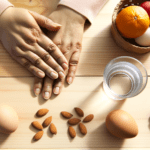Introduction to UTIs and Natural Prevention
Understanding Urinary Tract Infections (UTIs)
Urinary Tract Infections (UTIs) are among the most common bacterial infections, affecting millions globally. They are particularly prevalent in women, with a significant number experiencing at least one UTI in their lifetime. UTIs occur when bacteria, primarily Escherichia coli, enter the urinary system, which includes the kidneys, ureters, bladder, and urethra. Symptoms can range from a persistent urge to urinate to painful urination and cloudy urine. While UTIs are often treatable with antibiotics, their recurrent nature can lead to discomfort and a search for effective preventative measures.
The Importance of Natural Prevention Strategies
With the rise of antibiotic resistance and the potential side effects of long-term antibiotic use, there is an urgent need for natural strategies to prevent UTIs. Natural prevention focuses on lifestyle and dietary changes that can reduce the risk of infection without contributing to the growing issue of antibiotic resistance. These strategies can empower individuals to take control of their urinary health and minimize the need for medical intervention.
The Connection Between UTIs and Menopause
Menopause brings about hormonal changes that can affect the urinary tract and increase the risk of UTIs. The decline in estrogen levels can lead to alterations in the vaginal flora, making it easier for bacteria to enter the urinary tract. Understanding this connection is crucial for developing targeted natural prevention strategies for menopausal women.
Overview of Natural Strategies for UTI Prevention
Natural strategies for preventing UTIs encompass a variety of approaches, including hydration, dietary modifications, personal hygiene practices, and the use of natural supplements and herbs. These strategies aim to create an environment that is inhospitable to pathogenic bacteria and to strengthen the body’s natural defenses against infection. By incorporating these natural methods into daily routines, individuals can significantly reduce their risk of developing UTIs.

⭐️⭐️⭐️⭐️⭐️ “My biggest symptoms are GSM, and because of Mae, they are mostly addressed. I have lived Mae for almost 7 years, and I endorse it all the time.” Margaret C., Damiva Mae Customer
⭐️⭐️⭐️⭐️⭐️ “I’m in my 60’s and post menopause. My doctor recommended I try Damiva MAE, after taking me off hormones (due to developing cysts). I LOVE it. All natural, no hormones, Great vaginal moisturizer. Easy to insert and pleasant smell. So Thankful for MAE.” Paula, Damiva Mae Customer
Hydration and Urinary Health
The Role of Water in UTI Prevention
Water is a fundamental element in the prevention of urinary tract infections (UTIs). Adequate hydration is crucial as it helps to dilute urine and ensures regular flushing of the urinary tract, which can sweep away bacteria before an infection can take hold. The simple act of drinking water can be a powerful ally in maintaining urinary health and preventing the onset of UTIs.
Optimal Hydration Practices
To harness the full preventive power of water against UTIs, it’s essential to practice optimal hydration. Adults should aim to drink at least 1.5 to 2 liters of fluid daily, primarily in the form of water. This amount can vary based on individual needs, climate, and activity levels. It’s also advisable to spread fluid intake throughout the day, rather than consuming large quantities at once, to ensure a consistent flow of urine. Additionally, one should heed the natural urge to urinate and avoid holding it in for extended periods, as this can increase the risk of bacterial growth and infection.
Herbal Teas and UTI Prevention
While water is the most recommended fluid for UTI prevention, certain herbal teas can also play a supportive role. Teas made from herbs such as dandelion, parsley, and bearberry have diuretic properties that can increase urine production, aiding in the elimination of bacteria. However, it’s important to choose caffeine-free herbal teas, as caffeine can irritate the bladder and exacerbate UTI symptoms.
Signs of Adequate Hydration
Recognizing the signs of adequate hydration can help you ensure that you’re drinking enough fluids to support urinary health. Clear or pale yellow urine is typically a good indicator of proper hydration. Conversely, dark yellow or amber-colored urine often signals dehydration, which can increase the risk of UTIs. Other signs of adequate hydration include urinating every few hours, not feeling excessively thirsty, and maintaining moist mucous membranes in the mouth and nose.
Remember, while these natural strategies can significantly reduce the risk of UTIs, they are not a substitute for medical advice or treatment. If you suspect a UTI or experience symptoms such as pain during urination, fever, or back pain, consult a healthcare provider promptly.
By the way, something for you, a little gift!!!
I am just in the middle of publishing my book. It’s about How women can balance their hormones. One part is about food and diet, of course.
Follow this link and enter your email.
I will send you this part of the book for free once the book is published. It has many concrete, practical tips and recipes and will help you feel better during menopause or times of Big hormonal fluctuations.
Annette, Damiva Lead for Health & Wellness

Dietary Considerations for UTI Prevention
Foods to Include for a Healthy Urinary Tract
Adopting a diet that supports urinary health is a key strategy in preventing UTIs. A vegetarian diet has been linked to a lower risk of developing UTIs, as it tends to make urine less acidic, which may prevent the growth of UTI-causing bacteria. Foods that are particularly beneficial include fruits and vegetables with low potential renal acid loads (PRALs), which contribute to a more neutral urine pH. Additionally, fermented dairy products like yogurt and freshly squeezed, 100% berry juices have been associated with a decreased risk of UTI occurrence.
Foods to Avoid to Reduce UTI Risk
Some foods and beverages can irritate the bladder or contribute to an environment where bacteria can thrive. It’s advisable to limit or avoid caffeinated beverages, alcohol, carbonated drinks, and foods high in sugar. These can act as bladder irritants and potentially worsen UTI symptoms. Additionally, acidic fruits and spicy foods may exacerbate bladder discomfort during a UTI.
The Role of Probiotics in Urinary Health
Probiotics, particularly those from the Lactobacillus genus, may play a role in preventing recurrent UTIs by maintaining a healthy balance of bacteria in the urinary tract. They can influence and regulate the urinary microbiota, potentially reducing the risk of infection. Including probiotic-rich foods like yogurt or taking probiotic supplements can be a beneficial addition to a UTI prevention regimen.
Cranberries: A Natural UTI Fighter?
Cranberries have long been touted as a natural remedy for UTIs, and for good reason. They contain A-type proanthocyanidins (PACs), which can prevent E. coli bacteria from adhering to the urinary tract walls. Consuming unsweetened cranberry juice or cranberry extracts may reduce the risk of recurrent UTIs, especially in women. When selecting cranberry products, opt for those that are pure and free of added sugars to maximize their UTI-fighting properties.

⭐️⭐️⭐️⭐️⭐️
“I needed a product like this for medical reasons. Thanks to this product I was able to do my physical therapy. The formula is very comfortable. It provides the right amount of lubrication. I will continue to use. I’m very happy to have found this because nothing else was working.”
Beatriz E, Cleo Customer
Personal Hygiene and Lifestyle Adjustments
Proper Bathroom Hygiene
Maintaining proper bathroom hygiene is a cornerstone in preventing urinary tract infections (UTIs). Simple practices such as wiping from front to back after using the toilet can significantly reduce the transfer of bacteria from the anal region to the urethra. Additionally, it’s important to urinate regularly, ideally every 3 to 4 hours, to flush out bacteria from the urinary tract. For women, sitting down to urinate rather than hovering over the toilet seat ensures complete emptying of the bladder, which can also help prevent infection.
Clothing Choices and UTI Risk
The type of clothing you wear can influence your UTI risk. Tight-fitting pants and non-breathable fabrics can trap moisture and create an environment conducive to bacterial growth. Opt for loose-fitting clothes and cotton underwear to keep the genital area dry and reduce the risk of infection. Changing out of wet swimwear or workout clothes promptly can also help prevent UTIs.
Stress Management and Its Impact on UTIs
Stress can have a surprising effect on urinary health. Chronic stress may weaken the immune system, making it harder for the body to fight off infections, including UTIs. Engaging in stress-reducing activities such as yoga, meditation, or regular exercise can help maintain a strong immune system and lower the risk of urinary infections.
Sexual Health and UTI Prevention
Sexual activity is a known risk factor for UTIs, as it can introduce bacteria into the urinary tract. To minimize this risk, it is recommended to urinate before and after sexual intercourse to flush out potential pathogens. Additionally, consider gentle washing of the genital area before sex and avoid using spermicides or diaphragms, which can disrupt the natural protective bacterial flora. Staying hydrated and possibly consuming a glass of water after intercourse can also aid in bacterial clearance.
By incorporating these personal hygiene and lifestyle adjustments into your daily routine, you can significantly reduce your risk of developing a UTI. Remember, prevention is always better than treatment, and these natural strategies can lead to a healthier urinary tract and overall well-being.
Natural Supplements and Herbs
Common Supplements for UTI Prevention
Urinary Tract Infections (UTIs) are a common ailment that can cause significant discomfort and inconvenience. While antibiotics are often prescribed to treat UTIs, many individuals seek natural strategies to prevent these infections. Common supplements for UTI prevention include cranberry extract, D-mannose, probiotics, and vitamin C.
Cranberry extract is widely recognized for its potential to prevent UTIs by inhibiting bacteria from adhering to the urinary tract walls. D-mannose, a sugar found in cranberries and other fruits, may also prevent bacterial adhesion. Probiotics, particularly those containing Lactobacillus strains, can support a healthy urinary microbiome, potentially reducing infection risk. Lastly, vitamin C is believed to increase urine acidity, creating an environment less hospitable to UTI-causing bacteria.
Herbal Remedies and Their Efficacy
Herbal remedies have been used for centuries to support urinary tract health. Herbs such as uva-ursi, goldenseal, and horsetail have diuretic and antibacterial properties that may contribute to UTI prevention. However, the efficacy of these remedies can vary, and scientific studies to substantiate their benefits are limited. It is essential to consult with a healthcare provider before using herbal remedies, especially for individuals with pre-existing health conditions or those taking other medications.
Safety and Considerations When Using Supplements
While natural supplements can offer benefits for UTI prevention, safety considerations are paramount. It is crucial to choose high-quality supplements from reputable sources to avoid contaminants. Additionally, individuals should be aware of potential interactions with prescription medications and the risk of overuse or incorrect dosing. Pregnant or breastfeeding women should exercise particular caution and always consult a healthcare professional before starting any new supplement regimen.
Integrating Supplements into Your Routine
Integrating supplements into one’s daily routine should be done thoughtfully. Starting with one supplement at a time can help monitor its effects and any adverse reactions. Consistency is key, as the benefits of supplements for UTI prevention are often observed with regular, long-term use. It is also important to maintain a balanced diet and healthy lifestyle habits alongside supplement use to maximize urinary tract health.
In conclusion, while natural supplements and herbs offer a promising avenue for UTI prevention, they should be used judiciously and in conjunction with professional medical advice. By doing so, individuals can empower themselves with knowledge and natural strategies to maintain a healthy urinary system.
The Role of Physical Activity in Preventing UTIs
Exercise and Pelvic Floor Health
Physical activity plays a crucial role in maintaining overall health, and when it comes to preventing urinary tract infections (UTIs), its benefits extend to the pelvic floor muscles. These muscles support the bladder and help control urination. Strengthening the pelvic floor through targeted exercises, such as Kegel exercises, can improve bladder control and reduce the risk of UTIs. By enhancing the ability to fully empty the bladder, exercise minimizes the chance of bacteria proliferating in stagnant urine—a common cause of infections.
Types of Physical Activity Beneficial for UTI Prevention
- Aerobic Exercises: Activities like walking, swimming, and cycling increase overall blood flow and can help flush bacteria from the urinary tract.
- Pelvic Floor Muscle Training: Regularly performing Kegel exercises strengthens the muscles that support the bladder and urethra, contributing to effective bladder emptying.
- Core Strengthening: Exercises that build core muscles, such as planks and abdominal crunches, support the pelvic organs and prevent urine retention.
Yoga and Its Benefits for the Urinary Tract
Yoga, known for its stress-reducing and flexibility-enhancing benefits, can also be particularly effective in preventing UTIs. Certain yoga poses improve pelvic floor strength and encourage healthy bladder function. Poses like the Bridge and Cobra can help tone the muscles of the lower abdomen and pelvis, reducing the risk of urine retention and subsequent infections.
Incorporating Exercise into a Busy Schedule
Finding time for exercise can be challenging, but even short, consistent bouts of physical activity can contribute to urinary health. Consider the following tips:
- Set Realistic Goals: Aim for at least 30 minutes of moderate-intensity exercise most days of the week, which can be broken into smaller increments if needed.
- Combine Activities: Incorporate pelvic floor exercises into daily routines, such as performing Kegels while sitting at a desk or during commercial breaks when watching TV.
- Stay Consistent: Consistency is key. Regular physical activity, even in shorter durations, can significantly impact UTI prevention.
By integrating these natural strategies into daily life, individuals can empower themselves to reduce the risk of UTIs and promote a healthier urinary tract.

⭐️⭐️⭐️⭐️⭐️
“I needed a product like this for medical reasons. Thanks to this product I was able to do my physical therapy. The formula is very comfortable. It provides the right amount of lubrication. I will continue to use. I’m very happy to have found this because nothing else was working.”
Beatriz E, Cleo Customer
Conclusion: Empowering Yourself with Knowledge and Natural Strategies
Summarizing Key Points on UTI Prevention
Throughout this article, we’ve explored various natural strategies to prevent urinary tract infections (UTIs), emphasizing the importance of understanding UTIs and the role of natural prevention. We’ve highlighted the significance of hydration, dietary considerations, personal hygiene, lifestyle adjustments, natural supplements, and physical activity in maintaining a healthy urinary tract.
Taking Charge of Your Urinary Health
Taking charge of your urinary health involves more than just reacting to symptoms; it’s about proactive prevention. By incorporating optimal hydration practices, consuming a diet rich in beneficial foods, and avoiding those that increase UTI risk, you can create a strong foundation for urinary health. Additionally, integrating appropriate personal hygiene habits and clothing choices can further protect against infections.
Continued Learning and Adaptation
As research evolves, so too should our approach to UTI prevention. It’s crucial to stay informed about the latest findings and adapt your strategies accordingly. This might include adjusting your diet to include new probiotic-rich foods or trying different herbal remedies with proven efficacy. Continuous learning empowers you to make informed decisions about your health.
Encouragement to Embrace Natural Strategies
While conventional medicine plays a vital role in treating UTIs, natural prevention strategies offer a complementary approach that can reduce the frequency and severity of infections. By embracing a holistic perspective on health, you can harness the power of natural remedies and lifestyle changes to not only prevent UTIs but also enhance your overall well-being.
In conclusion, empowering yourself with knowledge about UTI prevention and adopting natural strategies can lead to a healthier urinary tract and a better quality of life. Remember, prevention is always better than cure, and by taking proactive steps today, you can reduce the risk of UTIs and their associated discomforts tomorrow.











